
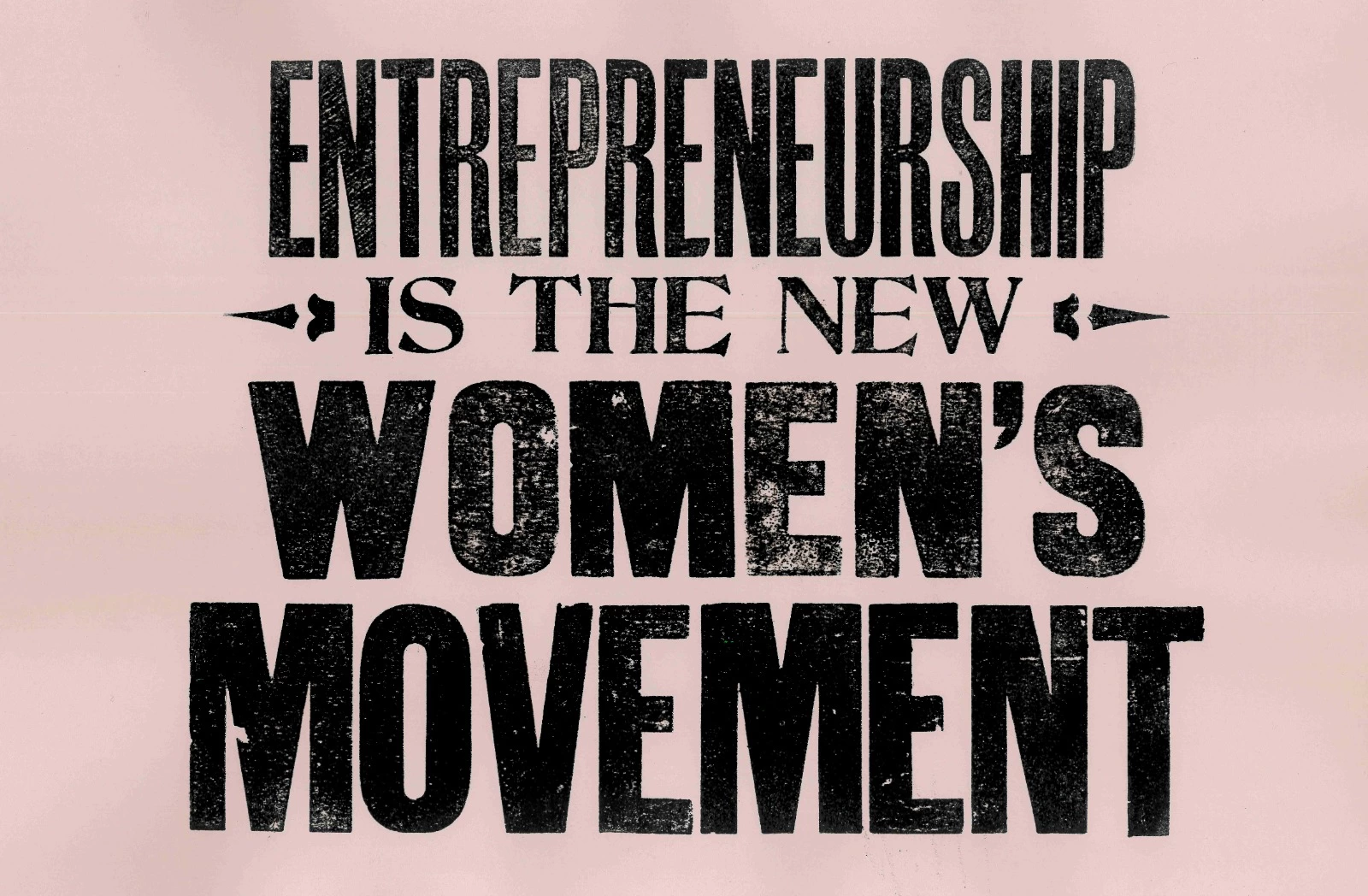
Why entrepreneurship is the new women’s movement
2ND AUGUST 2023
Discover why I believe the world of female entrepreneurship is redefining the women's movement, why it’s become my goal in life to inspire all women to flourish and why I believe running a business doing what you love is key to this...
Thriving women, thriving business: what is the feminist theory of entrepreneurship?
If I’m honest, there’s a pretty good reason that one of our core missions at Holly & Co has always been to support female founders. It’s because I am one. It’s not an easy path. I’ve lived through the highest highs of running a business — and the most crushing lows. I’ve had many doors closed in my face for being a woman, and for those who don’t look and sound like me, I know it’s been even tougher. Women worked relentlessly through all kinds of different economic and social climates, through a diverse range of experiences and decades of life stages. Yet I can honestly say that for me and my co-founders, every step has been worth it. Here’s why:
- Female entrepreneurs inspire future founders. Children who grow up watching women running businesses are likely to be inspired to do the same.
- Female entrepreneurs have more independence. True independence combines flexibility and financial security. Entrepreneurship enables women to work our way, which helps promote equality and allows us to then give other women a hand up too.
- Female entrepreneurs do not have to emulate men to progress. Female-led businesses can offer a different, often fairer, more emotion-led approach to business that benefits everyone.
It’s become my goal in life to encourage all women to become our best selves. After all, if we are living longer, contributing substantially to society and there are more women in the workforce than ever before, shouldn’t we ensure we are happy and working on our own terms?
Why are more women turning to entrepreneurship? Female founders and flexibility
True independence is having flexibility as well as secure finances. Dame Stephanie "Steve" Shirley explains on her Conversations of Inspiration podcast episode why she writes it with a capital ‘F’ — because it represents freedom. It’s about being in a position where we can act — not just react — to the world around us.
We need flexibility to achieve equality, and as you know, that can be hard to find in a traditional working environment. In her new book¹, sociologist Heejung Chung says that even when corporations are progressive enough to offer ‘flexible working’ many women often feel like they end up working harder and longer, or that they might be overlooked when it comes to promotion².
Setting up on your own allows you to work on your own terms and outline your own measures of success; to not live by someone else’s rules and to have the flexibility to see what you’re capable of without relying on someone else to enable this to happen. It’s why entrepreneurship is the new women’s movement — and we need it now more than ever.
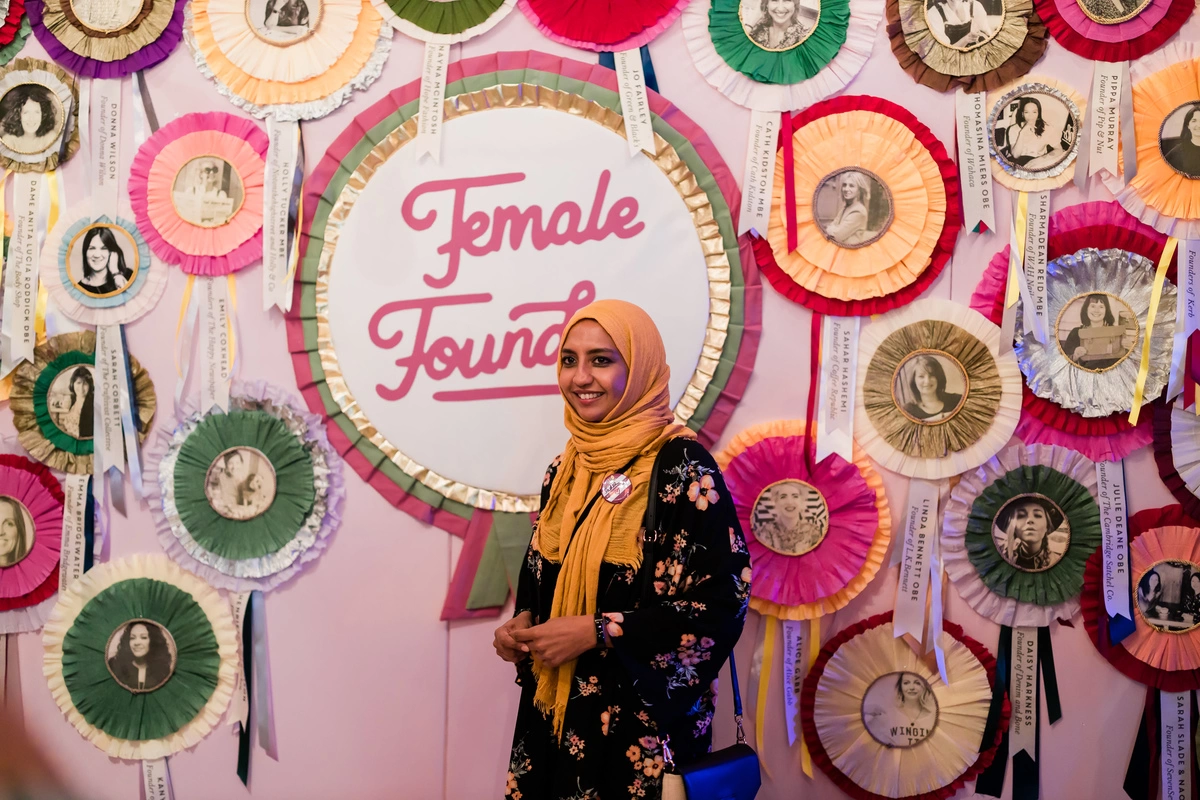
I’ve had many doors closed in my face for being a woman, and for those who don’t look and sound like me, I know it’s been even tougher.
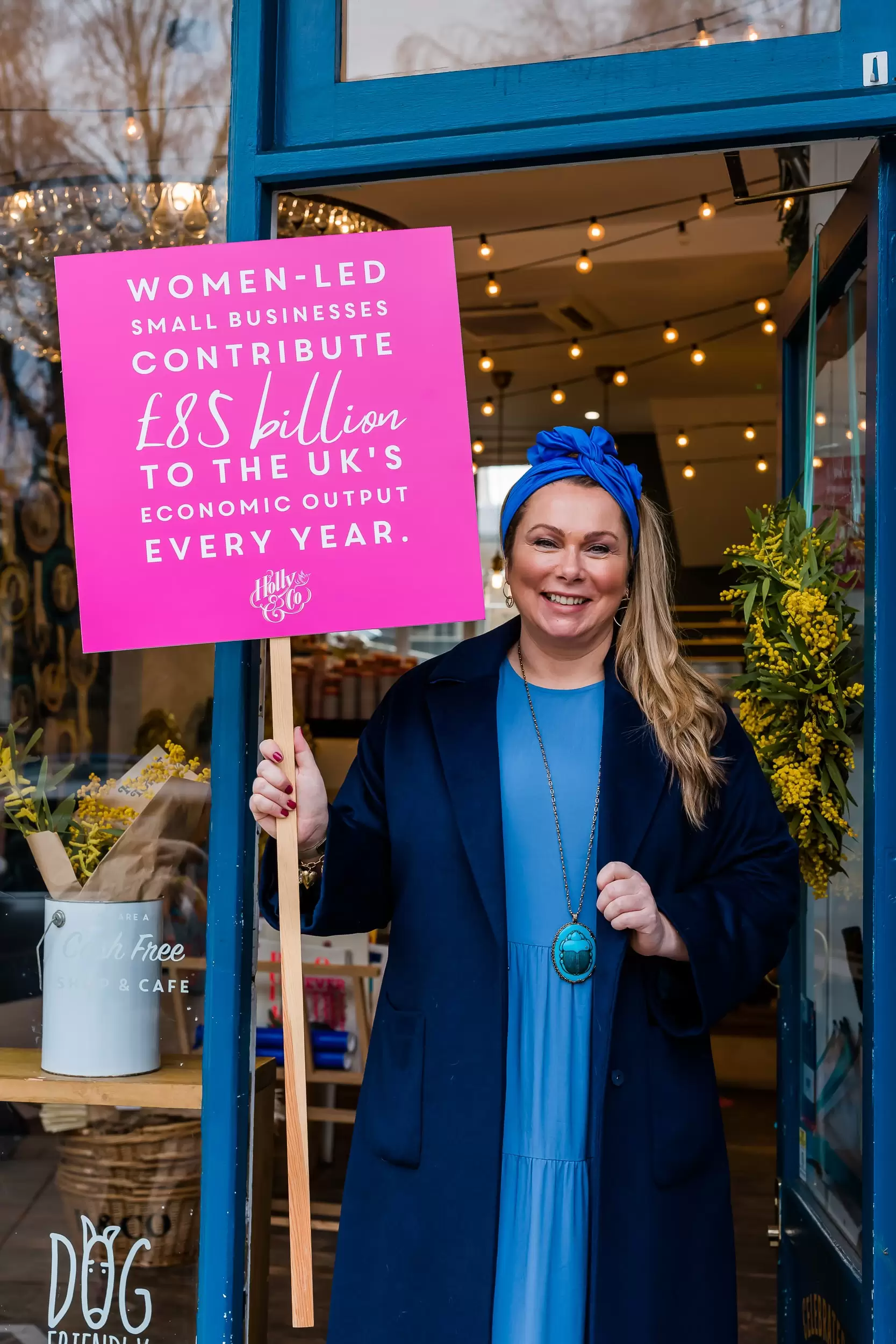
What are the challenges faced by women entrepreneurs?
At the end of 2020, there were 15 million women stuck in a ‘triple shift’ life, doing domestic work, external work and emotional work³ — quite possibly as well as trying to be healthy, smart and vaguely sane at the same time. The Great Resignation seemed to indicate that many were feeling unfulfilled, overwhelmed and just generally exhausted. It doesn’t even seem to be that women don’t want to work. We just don’t want to be forced into a mould that simply doesn’t fit us. And it doesn’t help that the playing field isn’t just unlevel, it’s got more ups and downs than the Seven Peak Challenge.
- Female entrepreneurs struggle to get adequate funding: Men are significantly more likely than women to receive venture capital funding, angel investment and favourable bank loans, while women face additional barriers based on race or socio-economic background⁴. Women are earning 20% less on average than men⁵ — less still depending on your circumstances. Black women are the least likely to be among the UK’s top earners compared to any other racial or gender group, according to a new LSE report⁶. Yet it’s only us collectively refusing to settle for all this that will set us all free.
- Fear of failure and finances holds back women entrepreneurs: Read my article on why finance is a feminist issue. Many women lack the confidence to start their own businesses which is why I wrote my ‘Do what you love’ book, and their fear of finance can hold them back from pursuing entrepreneurial endeavours. We need to educate ourselves to overcome this. If you need a little ‘you can do it’ read our Business Advice — all written by those who’ve been there and done it.
- The pandemic disproportionately affected women: Many experienced increased redundancy levels, extra childcare and housework responsibilities, plus a widened gender pay gap, potentially setting women back decades in the workforce⁷.
The future of women in business: trends and predictions
Ok and now for the good news for female entrepreneurship…
- More women are starting businesses and confidence is growing. 32% of businesses were owned by women in 2020 compared to just 17% four years prior to that⁸. And globally, 43.4% of women believe that they can successfully start a business⁹.
- Women-led small businesses contribute a whopping £85 billion to the UK’s economic output every year¹⁰. We are also undertaking 60% more unpaid care on top¹¹. If women started businesses at the rate of men, this would contribute £250 billion in the economy over five years¹².
At the end of 2020, there were 15 million women stuck in a ‘triple shift’ life, doing domestic work, external work and emotional work — quite possibly as well as trying to be healthy, smart and vaguely sane at the same time.
- Female founder role models and mentors are making an impact. Representation matters. It’s why Serlina Boyd set up the first UK Black girls’ magazine ‘Cocoa Girl’ because her daughter didn’t have anything to read that featured children who looked like her or gave her a voice. As well as winning several awards (including for Best Newcomer in the Holly & Co Independent Awards), it sold a thousand copies a day. We need to see it to be it and this is starting to happen.
- There is huge potential to support female founders. If we all shopped from female founded businesses just once a month, we could repurpose £1.3 billion to the female economy (discover female founded businesses to support on Holly & Co).
- Now is the time to redefine what a founder looks like. To rewrite the narrative and to reclaim our futures. We need to pool our resources, share our knowledge and unite to tell the world that you know what? #ThisIsWhatAFemaleFounderLooksLike. Let’s pave the way for others and secure the kind of life we want to live.
Entrepreneurship and feminism: key takeaways…
Building businesses is a way for women to take our destinies into our own hands, and to get the flexibility we need to make our jobs fit around the rest of our lives — and that’s what makes entrepreneurship the new women’s movement. So remember:
1. Set up a business if you want to work in a flexible way:
True independence for women comes from having flexibility as well as secure finances, allowing us to act rather than react to the world around us.
2. Overcome the challenges facing female founders:
Women face several obstacles in starting their own businesses, including funding inequality, lack of confidence, and socio-economic barriers. Seek mentorship, and share your experiences with other women to help overcome this.
3. Join the growing women's movement of female entrepreneurship:
By launching more female-founded businesses, society can repurpose billions and redefine what a founder looks like, empowering women to take control of their destinies and do what they love.
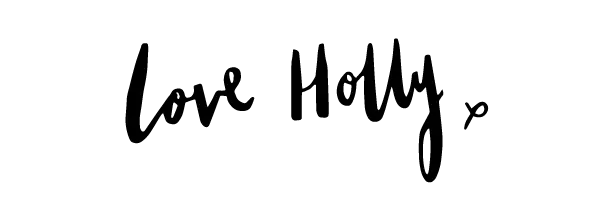
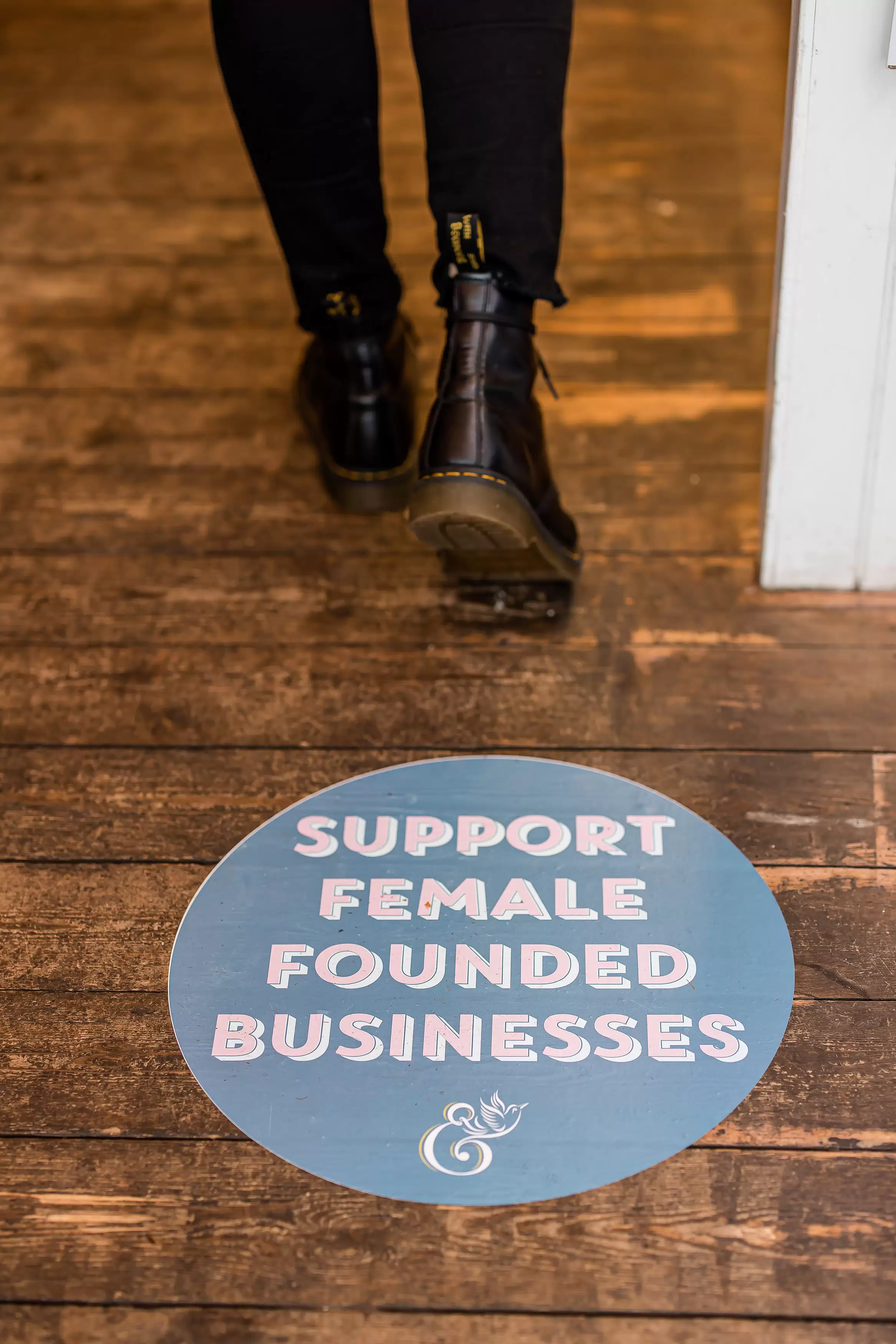
Sources: 1. Heejung Chung’s book, The Flexibility Paradox, 2. Wired’s flexible hours report, 3. UK Parliament figures of UK working women, 4. Telegraph article, 5. International Labour Organisation pay gap report, 6. LSE report on UK top earners, 7. House of Commons, business statistics, 8. House of Commons business statistics, 9. The Circular Board UK entrepreneur statistics, 10. House of Commons business statistics, 11. ONS survey on unpaid work, 12. Alison Rose review of female entrepreneurship
Related content
MORE ARTICLES ON STARTING OUT


Starting a business with no money

